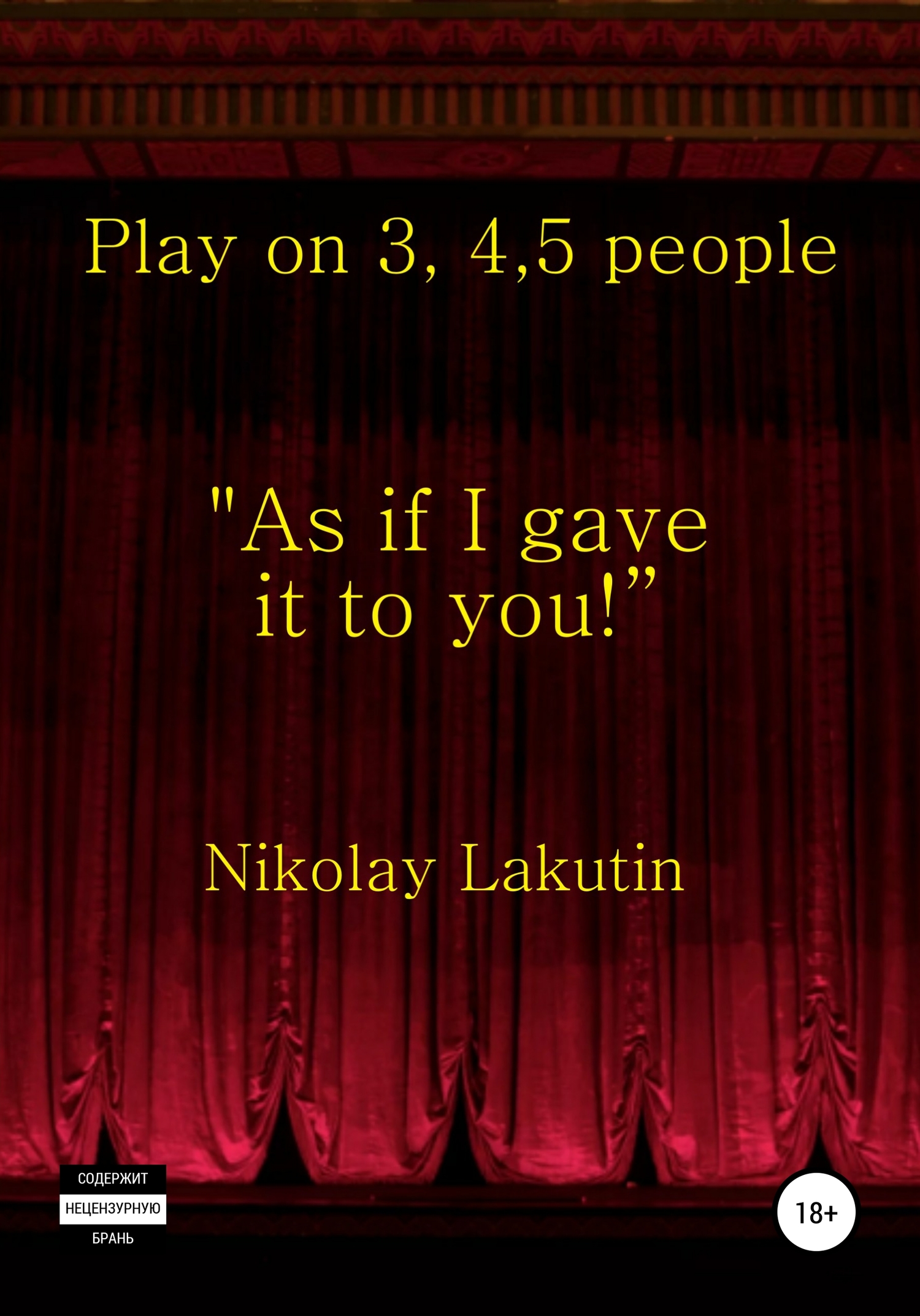built. There are many important changes to be made to the theory.
To solve the mentally-activity problem posed, it is necessary to turn to the mental means of methodological SMD culture.
The methodological approach prescribes the use of concepts only those that are constructive in themselves. That is, if the concept is not constructive, then, within the framework of the methodological approach, it cannot be considered a concept. Any correct theoretical concept within the framework of a methodological approach must meet the following criteria.
1. Abstraction.
2. Extra-situational.
3. Instrumentality.
4. Criteriality.
For this reason, without exception, all the concepts of "Communism", given both in Wikipedia and in the Tradition]], cannot be considered sufficiently correct concepts.
Wikipedia defines communism as a hypothetical social and economic system based on social ownership of the means of production, through which, in theory, social equality and social justice should be ensured.
This notion formally corresponds to the constructivity criterion, but is inherently erroneous. Insofar as, as such, the establishment of social ownership of the means of production does not in itself lead to social equality and social justice. In order to formulate a concept that is essentially correct, one must turn to ontology (experience) and seek out from experience the content that indicates the solution of the problem posed. Such an experience, for example, is a family. Relations in the family just fall under the definitions of "social equality" and "social justice".
Thus, within the framework of the methodological approach, the following can be accepted as a preliminary correct concept of "Communism".
Communism is the social structure that arises and exists in the family.
It must be understood that any concept only works if it is understood correctly. You need to understand that, of course, there are deviations in families, there are cases when there are no normal trusting relationships in families. Therefore, of course, in this definition, behind the scenes, obviously, there are many reservations. For example, that this is the social structure that arises "as a rule in any fairly normal" family.
The family is an example of a communist society
The family is the cell of society.
● It turns out that the family is not only a cell of society in general, but also a cell of communist society.
● A normal family usually lives according to communist principles.
● Communism in the family arises due to the unconditional trust of family members to each other.
● Communism in the family arises due to the unconditional, instinctive desire of each family member to selflessly work for the good of the family and improve its quality.
● Communism arises more easily in a poor family than in a rich one.
● The experience of raising children in orphanages shows that when a child is brought up not in a family, but in a state institution, then a psychological trauma, a feeling of inferiority, is formed in him to one degree or another. This proves that the best conditions for the development and upbringing of the child are the conditions of the native family.
● Therefore, the family does not disappear within communist society. However, it will change markedly. For example, in a truly communist family, intercourse will take place solely for the sake of the birth of a child.
● In the distant future, with the development of civilization, the education system will also develop. And the main, key aspect of this development will be the development of the institution of the family. A family in a highly civilized society will also be accordingly different, more civilized.
● Within communist society, the boundaries of the family are not erased, but, on the contrary, are strengthened. Tighter boundaries create a more comfortable stay for the child in the family. A more comfortable stay in the family does not lead to the fact that the child grows up weak and unprepared for life. Although it may seem so at first, if you think logically. However, in a normal family, a normal parental instinct always works, which in itself leads to the creation of intra-family requirements, a framework that leads to effective educational formation.
● The child feels most comfortable within the family when his parents are truly related in the biological sense.
● The most complete upbringing of a child is possible only in a full-fledged family with both biologically native parents.
● At the same time, parents should not have lovers on the side, since this greatly lowers the level of children's trust in their parents, and generally reduces the overall level of trust within the family.
● There is a delusion that the fidelity of parents, the integrity of the family, the preservation of the centuries-old natural form of the family are anachronism, archaic delusions. The younger generation is always, at all times, and under socialism, and in the Middle Ages, and in ancient times, and in the Stone Age, always the young think that they are smarter than the old. That it is quite possible for them to revise outdated moral principles and customs. And always under such reflections, doubts about the importance, necessity, it is precisely the need to preserve the family in its natural form. At the heart of this desire to revise the foundations is the personal egoism of one of the parents. Such a parent, as a rule, has selfish doubts, reflections, reasoning like: “did I have enough time to work up before the wedding, did I miss something that I should still have fun with, Am I driving myself into a cage ahead of time? These arguments are based on the personal egoism of the parent and do not take into account the very important detail that, in this case, the pleasure for the parent turns into suffering for the child. There is very little information in this kind of society. No one tells their parents about this, neither at school, nor at home,





